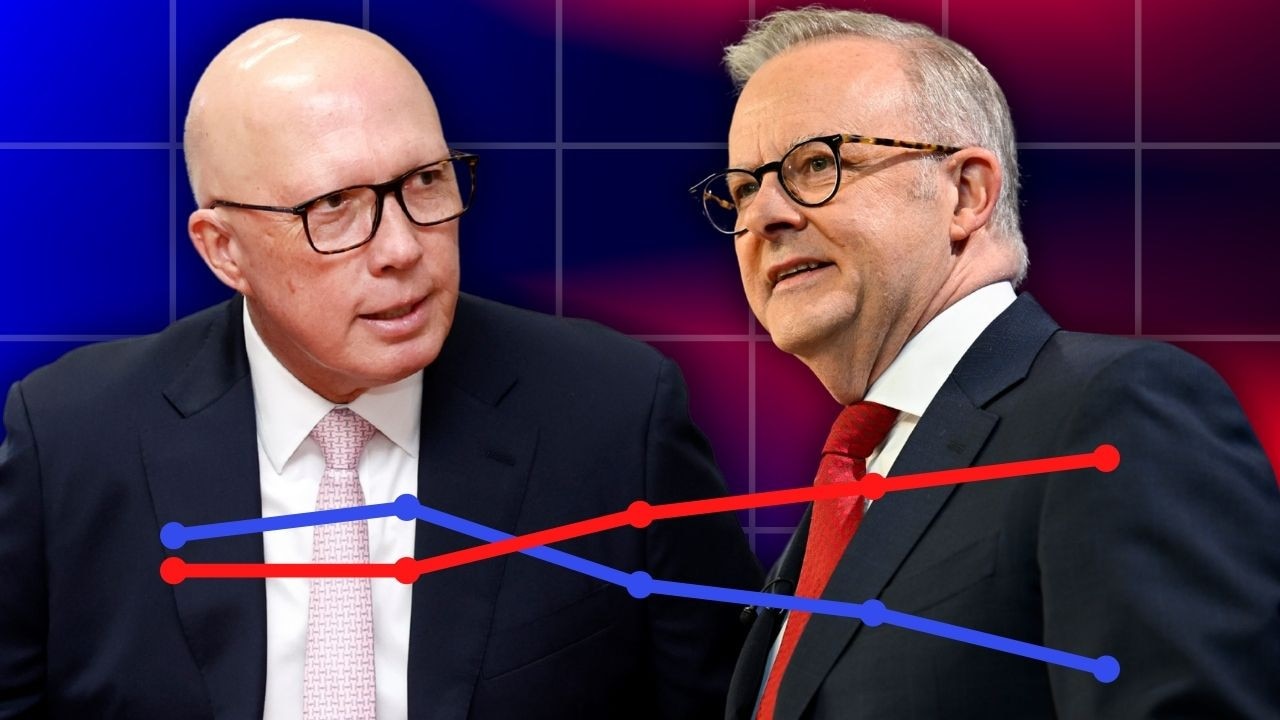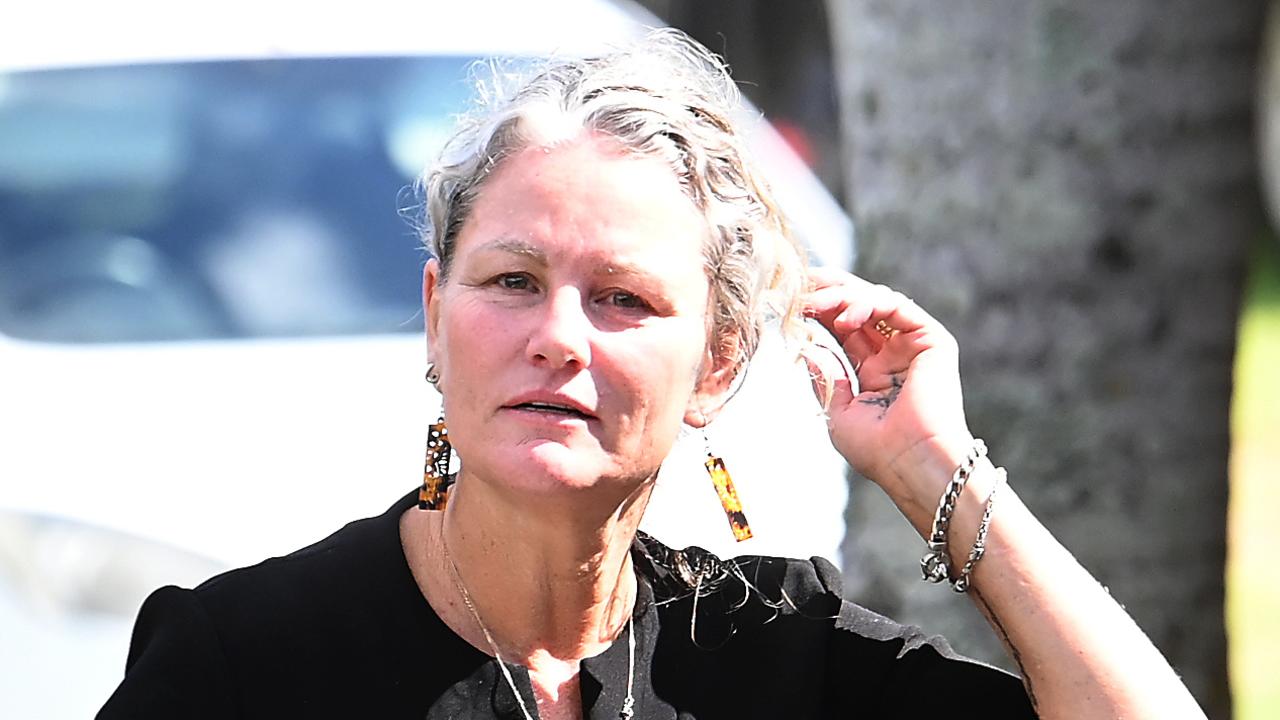Documents reveal extent of former US military chiefs working for Australia
Former US naval chiefs have reportedly been paid up to $9000 a day to help Australia develop its new fleet of submarines and ships, documents reveal.

National
Don't miss out on the headlines from National. Followed categories will be added to My News.
Two retired US admirals and three other senior American navy staff are being paid a multimillion-dollar package to secretly help steer Australia’s future naval needs, according to documents reluctantly released by the US government.
Their involvement in shaping our defences including future procurement of nuclear-powered submarines under the AUKUS-pact and Hunter class frigates has sparked claims of conflicts of interest and concern with access to national security.
In all, the ADF has had six US former admirals, three US Navy civilian chiefs and three ship building executives on its books since 2015 worth a combined $15.5 million.
Former US Navy Secretary Donald Winter was, as at September 2021, purportedly paid $9000 a day plus expenses by Australia, specifically as special adviser to Prime Minister Scott Morrison in his AUKUS talks.
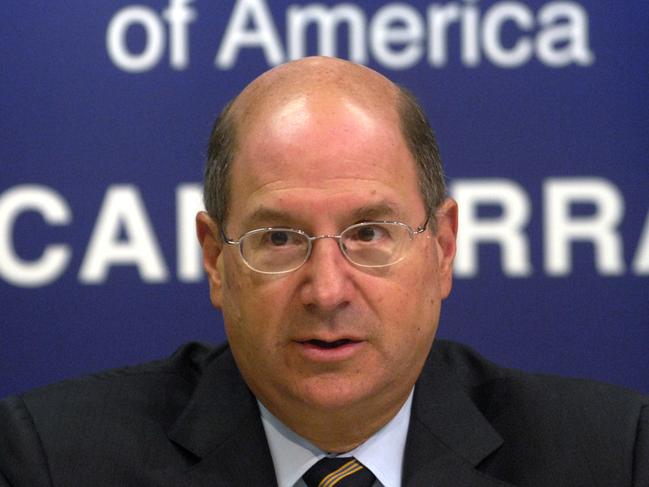
Mr Winter had previously advised Australia on selecting a bid from France to build Australia new generation submarine and in 2018 suggested the Australian government to dump it.
Some of the team America were not only consulting for the Australian Defence Force but also simultaneously for US shipbuilders and the US Navy on various classified programs.
One former officer has had to resign this year from working with the Federal Government on the AUKUS submarines after it was discovered he was also working full-time as board chairman for the firm building the same submarines.
Two of the key figures on contract were retired US vice admirals William Hilarides and Thomas Eccles.
Mr Hilarides, a former commander of a nuclear-powered attack sub, sits on Australia’s Naval Shipbuilding Expert Advisory Panel and is paid via a contract between the Australian government and US consulting firm Burdeshaw Associates. He declined to comment and referred queries to Defence.
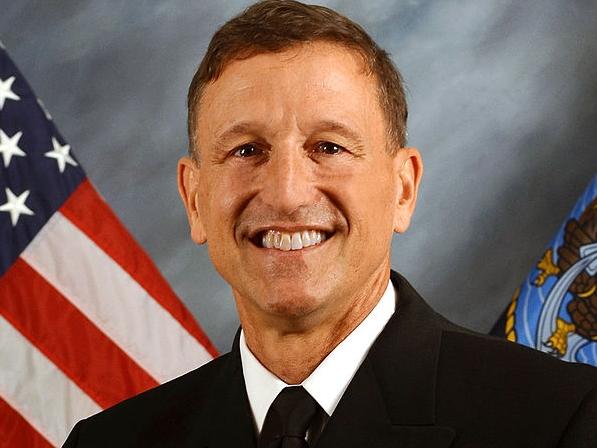
Four of the six on the advisory panel are American including former US Navy shipbuilding deputy assistant secretary Gloria L. Valdez.
Another of the US hires former Admiral Kirkland Donald told The New York Post the RAN and USN deeply shared national security interests and confirmed all approvals and clearances were granted by both governments.
The contracts had been kept quiet by both the Australian and US governments but details were released under Freedom of Information after The Washington Post sued the US Navy and State Department to force them disclosed.
Australia’s military and specifically its RAN fleet is small but its importance is growing as China continues to aggressively assert its influence and presence in the Indo-Pacific.
Some of the Americans have been actively consulting on whether the current ageing Collins class submarines could realistically have a life extension beyond 2032 let alone 2040 when the RAN is expected to get its first nuclear-powered sub.
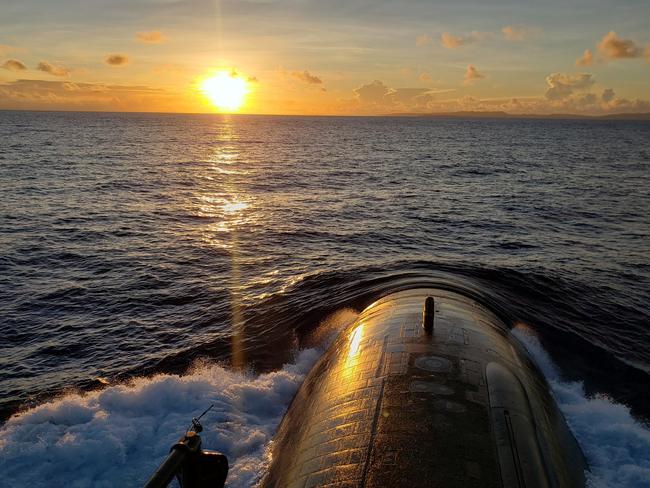
Concern has prompted a review of a Swedish SAAB designed submarine currently being constructed for the navy in the Netherlands to plug Australia’s perceived sub capability gap.
Defence has dismissed concerns over alleged conflicts of interest or security disclosures.
“A range of advisers have been engaged by Defence to provide expert advice through forums such as the Naval Shipbuilding Expert Advisory Panel on the performance of the naval shipbuilding enterprise, acquisition of nuclear powered submarines and other issues relevant to naval acquisition and sustainment. The nature of this advice is confidential,” a spokeswoman said.
“Relevant foreign government approvals are in place to support these engagements. Appropriate security, confidentiality and conflict of interest arrangements are also in place.”
More Coverage
Originally published as Documents reveal extent of former US military chiefs working for Australia



